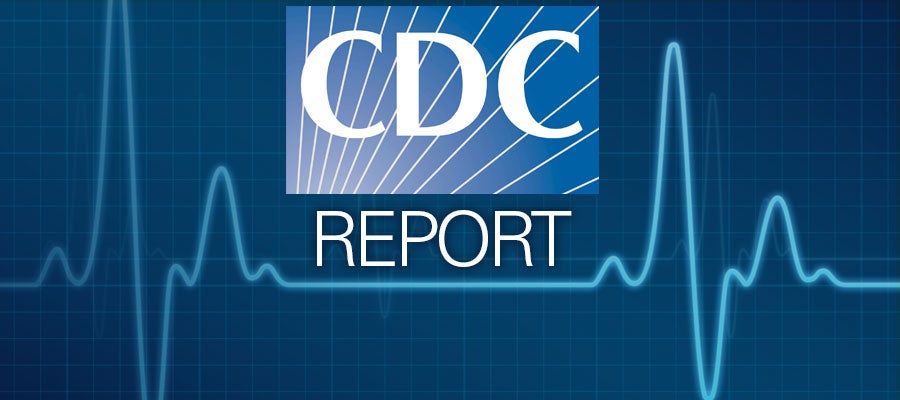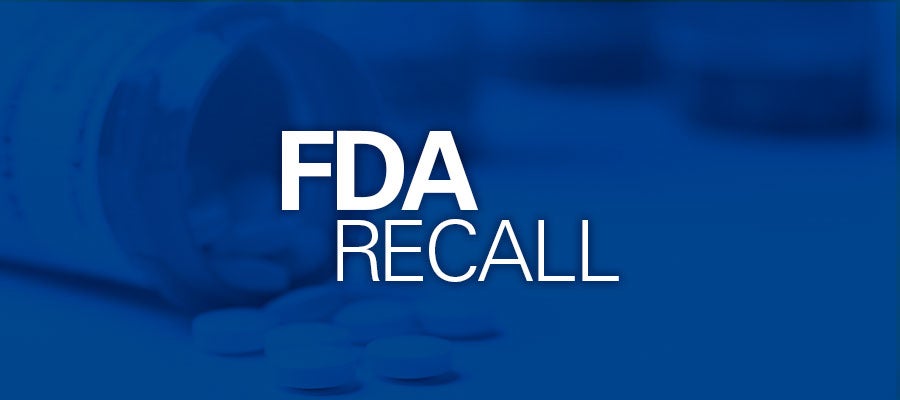
A United States District Court Judge in Texas today ruled in favor of the AHA, Texas Hospital Association, and hospital plaintiffs, agreeing that Department of Health and Human Services “bulletins” that restrict health care providers from using standard third-party web technologies that capture IP addresses on portions of their public-facing webpages were unlawful final rules and vacating the March 2024 Revised Bulletin.





